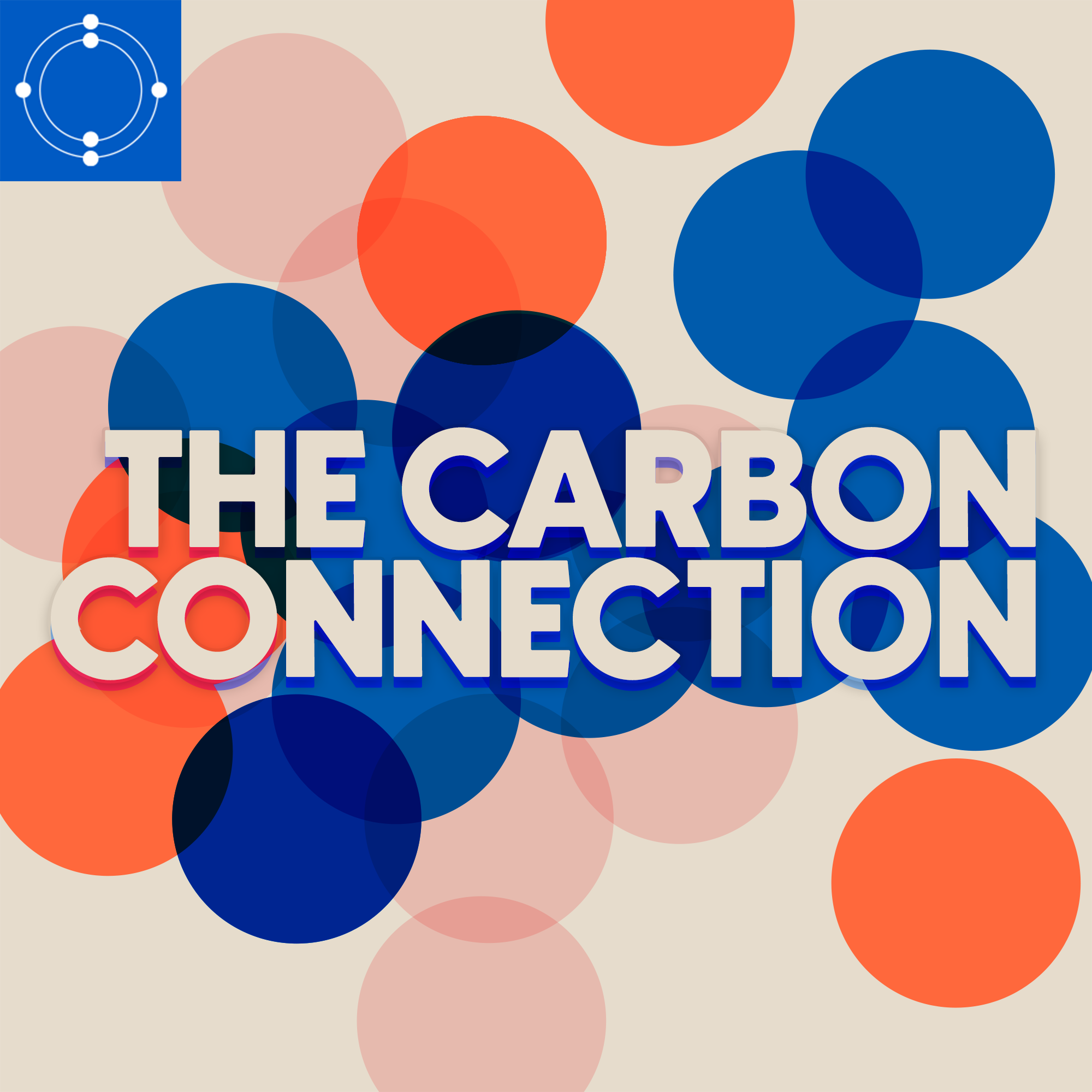Episode 25
Broken Ground - Wrapping Communities in Climate Justice
SUMMARY
In this episode of The Carbon Connection, we hear from Heather McTeer Toney, who shares a story about a situation needing her attention after she was elected mayor of Greenville, Mississippi, in 2004.
Like many in the South, her community had a brown water problem, meaning that when you turned on the tap, the water was tinged with rust and sediment that were both public health issues and a deterrent to economic development. What started as a commitment to helping her community with a basic need evolved into a lasting commitment to environmental justice.
Heather McTeer Toney served under President Obama as the regional administrator for the Environmental Protection Agency's Southeast Region. Today she continues her work as the Climate Justice Liaison at the Environmental Defense Fund. She is a senior advisor to Moms Clean Air Force, where her work engages parents and caretakers in developing culturally responsive solutions to the climate issues that affect our children's future.
- Southern Environmental Law Center
- Broken Ground: Season 4 - Women of Environmental Justice
- The Carbon Almanac
- Environmental Defense Fund
- Moms Clean Air Force
CONTRIBUTORS
Special Acknowledgment:
- Erin Malec, Director of Communications, Southern Environmental Law Center
- Southern Environmental Law Center
Production Team: Jennifer Simpson
Senior Producer: Tania Marien
Supervising Producer: Jennifer Myers Chua
Music: Cool Carbon Instrumental, Paul Russell, Musicbed
Episode Art: Jennifer Myers Chua
Network Voiceover: Olabanji Stephen


